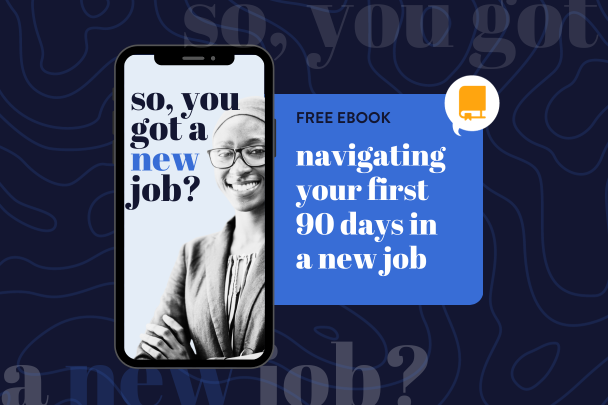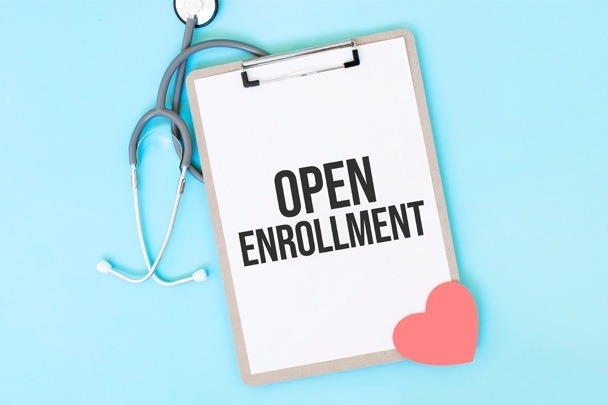You might be thinking, do I really need a handshake guide? Trust me, there is plenty of room for error.
Handshakes predate written history and are thought to have originated as a ritual so that both parties involved could be sure the other person wasn’t carrying a weapon. The common practice of reaching for the other person’s elbow, then patting down their forearm to the hand, evolved into the basic greeting we know today.
While we may not think about its importance often, we are certainly hyper-aware when a well-intended shake is off the mark.
Limp hands, clammy palms and bone crushing grips all set off a signal that something is awry.
Though an unpleasant shake doesn’t have the life or death implications it did in ancient Greece; it could have costly consequences in an interview setting.
Frequent studies state how quickly hiring managers make personnel decisions and, being that your handshake is the first physical contact made, it’s worth taking a deeper dive into this make-or-break gesture.
The best handshakes are:
Dry
Need I say more? Your nerves may have you sweating bullets, but you must know yourself in these situations by now. If you’re prone to perspiration-producing, pre-interview panic, take precautions. Bring tissues and wash your hands before announcing yourself.
Not too hard and not too weak… they’re just right
There should be control and firmness in your grip, but too strong a grip can be just as irritating as one that’s overly limp or loose.
Feel fluid and seamless, just like a dance step
A handshake should feel effortless and, once done, be totally forgotten. If anything during the shake actually brings your attention to it, then something went wrong.
Well-timed
Have you ever rushed into a handshake or been the recipient of a rush? It isn’t a pleasant experience for anyone. Ever heard of an injury from shaking hands?
Maintain eye contact
Confidence, in this case, is not only transmitted through your hand but also through your eyes. Your firm handshake, while maintaining eye contact with the receiver, will communicate your readiness to engage and your confidence in your ability to do so.
Acknowledge awkwardness when appropriate
If, and only if, you’re skilled at diffusing a situation with charm and wit may you want to acknowledge any awkwardness. A quick, “oh my goodness, I didn’t realize my own strength!” may be just what’s needed. It might make your interviewer sit back and think, “this candidate is on it and not afraid to be natural and real.” Not only that, it shows confidence.
Now go out and crush it… just not literally.









